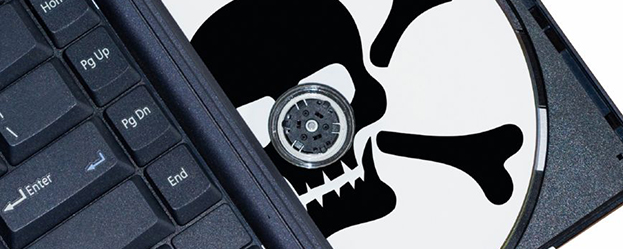This website uses cookies so that we can provide you with the best user experience possible. Cookie information is stored in your browser and performs functions such as recognising you when you return to our website and helping our team to understand which sections of the website you find most interesting and useful.
Business News Digital Legal
New report weighs up the ‘good’ and ‘bad’ conclusions on file-sharing
By Chris Cooke | Published on Friday 22 January 2016

Ever since file-sharing became a big thing in music, there has been research that says the unlicensed sharing of tracks online decimates CD and legit download sales, and other research that says the file-sharing networks are massive free marketing platforms that actually drive music buying. The former would usually be cited by the record industry, and the latter by file-sharers. The truth, probably, is somewhere in the middle.
A new bit of research from Queen’s University in Ontario assesses those two counter conclusions and tries to work out where in the middle the truth actually lies. It concludes that “file-sharing activity has a statistically significant but economically modest negative effect on legitimate music sales”. So, a nominal win for the labels, then.
The research, led by Jonathan Lee, assessed a data set of 250,000 albums and 4.8 million downloads on one popular BitTorrent tracker. He reckons that while file-sharing activity had a negative impact on CD sales, the word-of-mouth marketing power of the file-sharing community actually aided legit download sales. Perhaps suggesting that file-sharers were quick to shun physical products as file-sharing became an option, but they nevertheless used the file-sharing networks – to an extent at least – as a try-before-you-buy platform.
Lee adds that the extent to which the marketing power of file-sharing offset lost CD sales varied according to the level of artists, with “bottom tier” acts losing out the most. Though, the researcher ponders that this might be because their music wasn’t as attractive to file-sharers who were trying before they buy, ie the music itself was the problem.
There may be some other shifts that were occurring in music consumption at the time that might also contribute to some of the trends Lee identities in his research. Meanwhile Torrentfreak points out that the torrents assessed came from a private tracker used by a disproportionally high number of “music aficionados”, which might make those file-sharers more prone to buy tracks they discovered they liked.
As for what all this tells us about today, the report focuses on data that pre-dates the big shift of digital consumption from downloads to streams, so mainly identifies trends occurring in a specific moment of time. Though, given the disparity in ‘is file-sharing good or bad for music?’ reports over the years, it’s good to see one that acknowledges both outcomes and tries to balance one off another.





